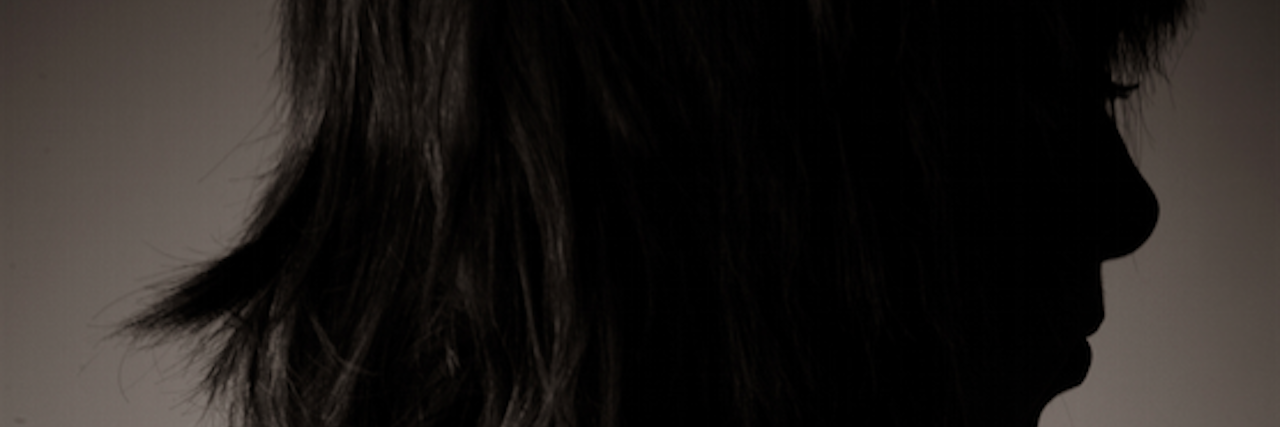My dear friends,
I’m sure you’ve figured out that I’m in the midst of a depressive episode. When I asked for happy things on Facebook, I was flooded with words of kindness, funny videos and adorable animals. You have no clue how much that can make a difference, and I hope this letter can explain a little more.
I’ve battled anxiety and depression for most of my life. I was first diagnosed with an anxiety disorder in elementary school, and my first memories of depression started in middle school. At my lowest point, I was suicidal. Since all of this, I’ve been in therapy and I’m currently on a combination of medications that makes living with these mental disorders manageable. All of this being said, medication and therapy is not a one-stop fix, and this will be a chronic condition I will deal with the rest of my life.
I try to be really open with this part of my life because mental health is a subject often misrepresented and misunderstood, and I want my battles to help start the conversations we need to be having. It’s important to me that you understand who I am and that these mental disorders are a part of me, but don’t make me unreliable, mopey or a danger to myself and others. It’s important to me that you know when I laugh and smile I’m not pretending, that having these struggles doesn’t make me weak and that mental health disorders are real, valid illnesses.
A brain can get sick. Maybe the sickness is like a cold that makes you achy and tired. Maybe it’s a flu that knocks you on your back and keeps you in bed for days. Or maybe the illness defies understanding. My brain gets sick occasionally, just like the rest of my body. It may be for a few days or a few weeks, and I do what I can to get myself better and keep moving on. Unfortunately, that healing process can be unbearable and feel like it will never end, similar to how it feels to have a bad virus that’s keeping you in bed all day.
Being depressed and having depression are two different things. Having depression often defies logic. There is rarely an antecedent that causes depression to kick in, and often figuring out why is an impossible task. If you do figure out why, the feelings you have often seem far beyond a “normal response.” Depression doesn’t feel like sadness per se, but more of an emptiness, like instead of being able to feel 100 percent of emotions you can only feel 50 percent. The half just doesn’t exist anymore. You can still feel happy/sad/frustrated/excited, but not to as full a capacity as normal. It feels like you’re underwater and are about to drown, but you never quite get there.
Until today, I’ve barely been able to put these thoughts into words, let alone figure out why I’m feeling how I am. I don’t have answers to questions like, “What’s wrong?” or “Why are you feeling this way?” I don’t know what caused me to feel like I’m drowning, and I don’t know when it will go away or what to do to fix it.
Please remember a few things:
1. Just because I’m feeling this way doesn’t mean I’m worthless or lazy or slacking; it just means doing what I do each day takes a lot more effort than usual. Sometimes just putting clothes on is a victory.
2. Being in a depressive episode does not always mean I’m suicidal or harming myself in any way. I’ve been to that dark of a place and I have been able to prevent myself from going there ever again.
3. I’m exhausted, but I’m giving every day and everything I do my best. It’s everything I can offer for that particular day. Right now, that’s the best I can do, and there’s nothing wrong with that.
4. If you meet someone struggling with a mental disorder, try to remember my story. I’m still the same person you’ve known, even in the midst of this. Don’t define someone else by how you see their mental health, because there is a lot more going on beneath the surface, just like there is for me.
5. If you ever have questions, please don’t hesitate to ask. I have a lot of friends with limited experience with people who have a mental illness, and being open to learning is a huge step into ending the stigmas associated with it.
Again, thank you so much for your love and support. Thank you for all of the wonderful brain breaks you’ve offered me, and thank you for the texts and emails checking in. I have survived 100 percent of the bad days I’ve had, and I don’t plan on changing that statistic.
If you or someone you know needs help, see our suicide prevention resources.
If you need support right now, call the Suicide Prevention Lifeline at 1-800-273-8255.

